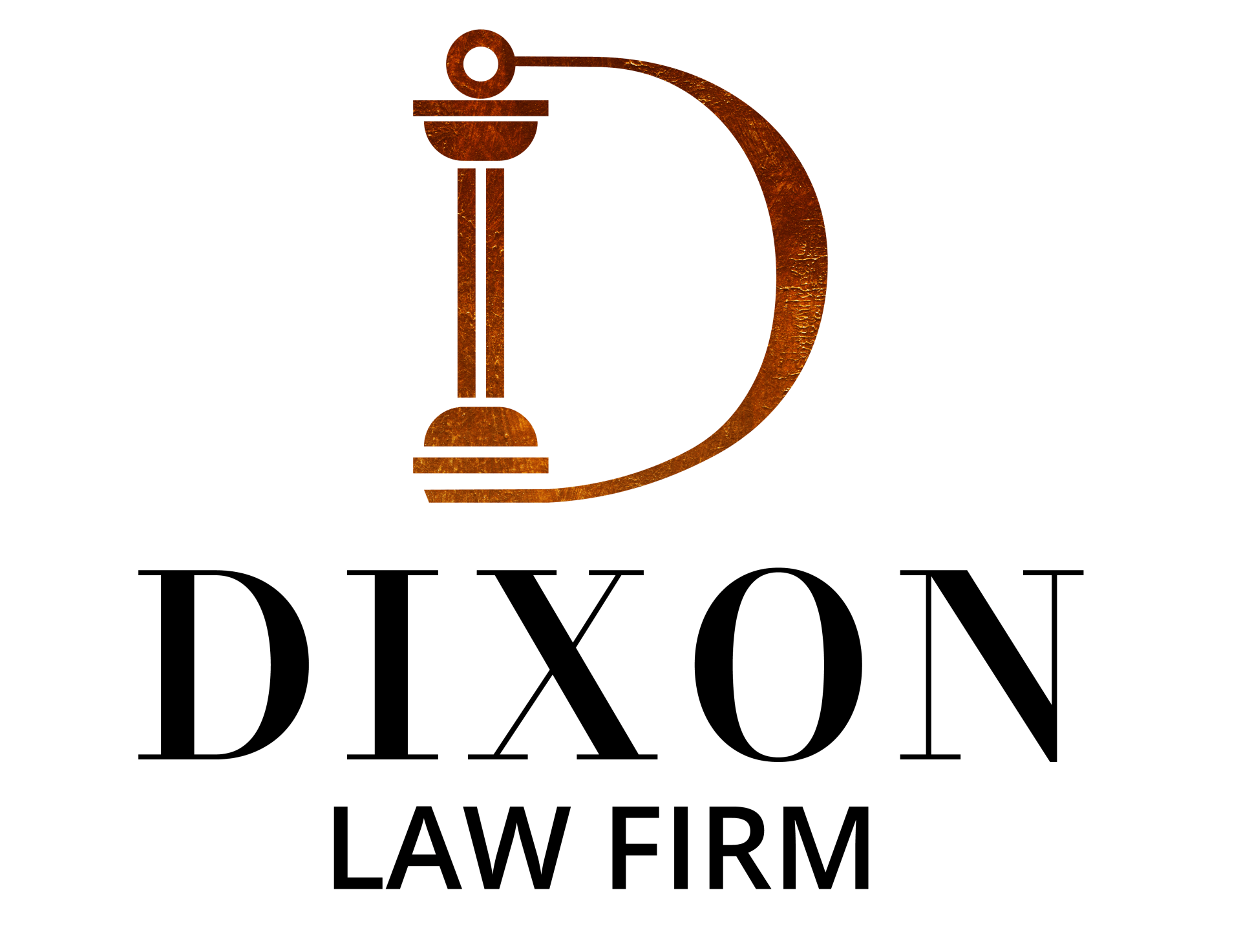September 5, 2025
An Alternative Path to a Peaceful Resolution The word "divorce" often brings to mind images of contentious courtroom battles, heated arguments, and costly legal fees. However, for many couples in South Florida, there is a more peaceful and cost-effective alternative: divorce mediation. This process offers a way for divorcing spouses to work together, with the guidance of a neutral third party, to resolve their family law disputes amicably. At The Dixon Law Firm, we believe in empowering our clients to make informed decisions about their future, and mediation is a powerful tool for achieving a positive outcome. This blog post will explore the ins and outs of divorce mediation in South Florida, shedding light on its benefits and what to expect from the process. What is Divorce Mediation? Divorce mediation is a confidential and voluntary process in which a neutral third-party mediator helps a divorcing couple negotiate and settle their disputes. Unlike a judge who makes binding decisions, the mediator’s role is to facilitate communication, identify areas of agreement, and help the parties find mutually acceptable solutions. The process is entirely centered on the parties' ability to reach a resolution on their own terms. It is not an adversarial process; instead, it promotes cooperation and open dialogue. In Florida, courts often mandate mediation as a prerequisite to a final hearing or trial, recognizing its effectiveness in resolving disagreements without the need for litigation. The Key Issues Addressed in Mediation Nearly every aspect of a divorce can be addressed and resolved through mediation. The topics discussed are typically the same as those that would be litigated in court, but with the added flexibility to create tailored solutions. Equitable Distribution of Assets and Liabilities: One of the most significant components of any divorce is the division of marital property and debt. Through mediation, spouses can work together to determine a fair way to divide assets like the marital home, bank accounts, investments, and retirement funds, as well as liabilities such as credit card debt and mortgages. The collaborative nature of mediation allows for creative solutions that a judge might not be able to order. Alimony (Spousal Support): When one spouse has a financial need and the other has the ability to pay, alimony may be a point of contention. Mediation provides a forum for a detailed discussion about the financial circumstances of both parties, allowing them to agree on the amount, duration, and type of alimony that makes the most sense for their unique situation. Parental Responsibility and Time-Sharing (Child Custody): For parents, the most critical part of a divorce is often the creation of a parenting plan. Mediation allows parents to craft a plan that reflects their children's best interests while also accommodating their individual schedules and needs. The parents have the autonomy to decide on issues such as a time-sharing schedule, holiday arrangements, and who will be responsible for major decisions regarding the children's education and healthcare. Child Support: While child support is typically calculated using Florida's statutory guidelines, mediation can help parents come to an agreement on the specific details of these payments. It also allows for open discussion about who will cover other child-related expenses, such as extracurricular activities, private school tuition, or college savings. The Benefits of Mediation Over Litigation Choosing mediation over traditional litigation offers a number of compelling advantages that can make the divorce process less painful and more productive. Cost-Effective: Litigation can be extremely expensive, with legal fees, court costs, and other expenses adding up quickly. Mediation is generally far less costly, as the parties are only paying for the mediator's time and their own attorney’s preparation and attendance at the mediation session, not for prolonged court hearings and trials. Faster Resolution: The court system can be slow and unpredictable. Mediation, in contrast, can often resolve all issues in a single day or over a few sessions, leading to a much faster finalization of the divorce. Confidentiality: Court proceedings are a matter of public record. Mediation is a private and confidential process. The details of your family life and finances remain between you, your spouse, your attorneys, and the mediator, providing a level of privacy that litigation cannot. Greater Control and Flexibility: In litigation, a judge makes the final decisions, and both parties must abide by them, regardless of whether they agree. In mediation, the parties themselves are the decision-makers. This empowers them to create a unique and flexible agreement that addresses their specific needs and goals. Improved Communication and Reduced Conflict: Mediation encourages cooperative problem-solving rather than adversarial tactics. This can help improve communication between the parties, which is particularly important for co-parenting after the divorce is finalized. The Role of Attorneys in Mediation While the mediator is a neutral party, it is still highly recommended that each spouse have their own attorney. The attorneys' role in mediation is not to argue, but to advise their clients, ensure they understand their rights, and help them negotiate effectively. An attorney can also draft the final settlement agreement, which, once signed by both parties, can be submitted to the court for approval. Having an attorney by your side ensures that your interests are protected and that the agreement you reach is legally sound and enforceable. Conclusion: A Path to a Brighter Future Divorce mediation in South Florida offers a powerful alternative to the traditional court system. It is a process that is designed to be efficient, confidential, and respectful, allowing couples to move forward with their lives with dignity and a sense of control over their own future. For many, it is the best way to resolve family law disputes amicably and peacefully. At The Dixon Law Firm, we believe that an amicable resolution is often the best resolution. Alicia Dixon, Founding Attorney at The Dixon Law Firm, is One of Boynton Beach Florida's Top Family and Divorce Attorneys. She is dedicated to providing results for you. If you are considering divorce mediation or have questions about the process, we invite you to contact us to learn how we can help you achieve a favorable and peaceful resolution to your family law matter. Disclaimer: This blog post is intended for informational purposes only and does not constitute legal advice or create an attorney-client relationship. 1 Paternity and family laws in Florida are complex and fact-specific. You should consult with a qualified Florida family law attorney regarding your particular situation. Contact The Dixon Law Firm for personalized legal counsel.







